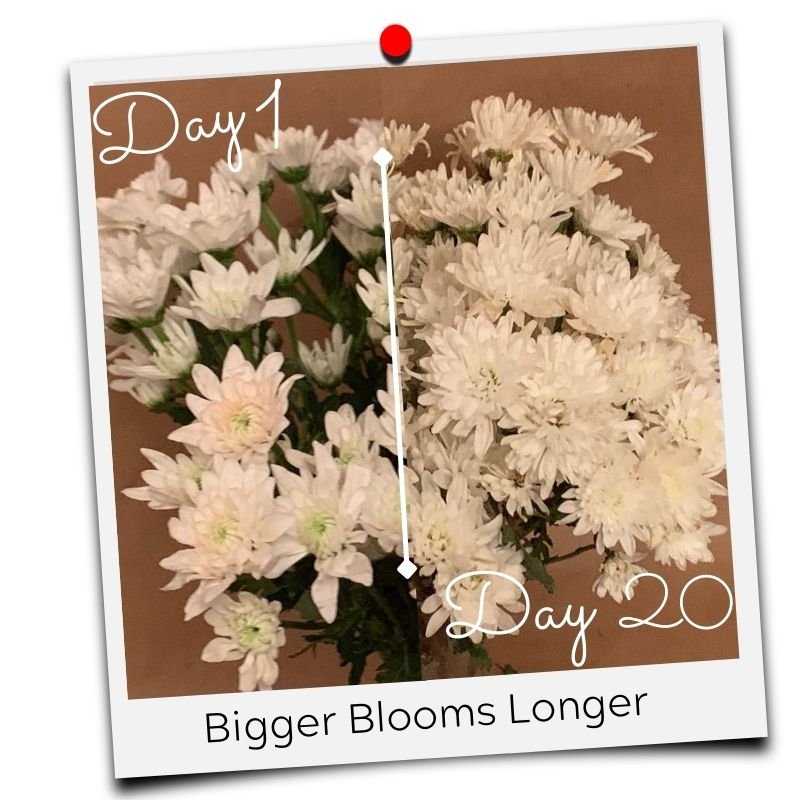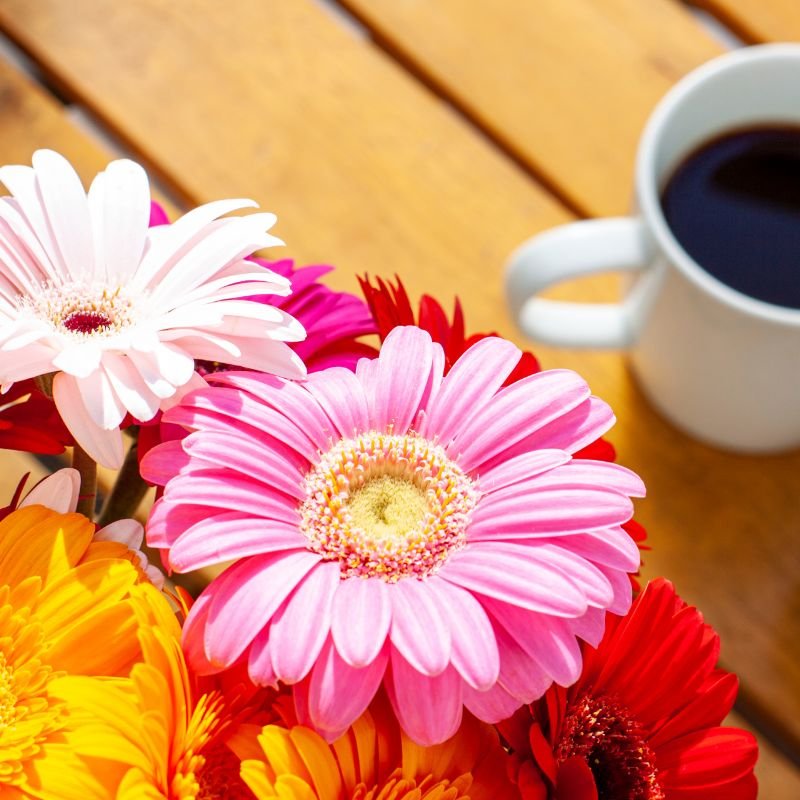Flowers In The Torah
Use Fresh Cut Flowers In The Torah As A Mediation Tool
The Torah is the foundational text of Judaism, but it does not explicitly reference flowers. However, certain flowers have come to be associated with certain characters or events in Jewish and Biblical history. For example, the rose is associated with the biblical figure of Ruth, a symbol of faithfulness, and the lily is associated with the Song of Songs, as a symbol of love and romance.
Flowers can be used in symbolic form as a meditation tool to gain spiritual enlightenment and peace by focusing on the qualities they represent. This could include meditating on the faithfulness of Ruth while looking at a rose, or meditating on the love and romance of the Song of Songs while looking at a lily.
In this blog post I’m going to explore how flowers are implied and how they can be incorporated into a mediation practice in the modern day.
Flowers In The Torah: Roses
Roses are widely regarded as one of the most beautiful flowers in the world, and they hold a special place in the Jewish faith. Roses are symbolic of many things in the Torah, including the divine and the spiritual. The spiritual significance of roses in the Torah is often found in their connection to the divine and how they can be used to aid in the pursuit of enlightenment and spiritual growth.
The root of the word “rose” in Hebrew, “tzora,” is often used to describe spiritual and divine beauty. In the Torah, roses are seen as a symbol of the divine, beauty, and joy. In Proverbs 24:14, it states, “Know that wisdom is like a rose: it blossoms in the garden of the righteous.” This verse shows the connection between roses and wisdom, which is essential for spiritual growth.
Roses can also be used to help achieve spiritual enlightenment. One way to do this is through meditation.
When meditating, focusing on the beauty of a rose can help you to become more aware of your inner self, allowing for a deeper connection with the divine. By meditating on a rose, you can learn to appreciate its beauty, allowing for a greater understanding of the spiritual world.
The color of a rose can also be used as a tool for spiritual growth. Red roses are often seen as a symbol of love and devotion, while pink roses are more often associated with joy and happiness. Choosing a color that resonates with you can help you to connect with the spiritual and divine in your own life.
Incorporating the spiritual significance of roses into a meditation practice can bring about a greater understanding of yourself, the divine, and the world around you. Start by finding a rose that resonates with you and use it as a focal point for your meditation. As you focus on the rose, imagine the divine energy it holds and how this energy can bring peace and joy into your life. Visualize the rose growing and blossoming, allowing the light of the divine to fill your heart and soul.
Finally, take a moment to reflect on the spiritual significance of roses and how they can be used to help you connect with the divine and grow spiritually.
As it is written in Psalm 92:12, “The righteous shall flourish like the palm tree; he shall grow like a cedar in Lebanon.” By using roses as a tool for meditation and reflection, you can open yourself up to the divine and experience greater spiritual growth.
Roses have long been a symbol of spirituality and the divine in the Torah. Their beauty, color, and connection to wisdom all make them an ideal tool for meditation and reflection. Incorporating roses into your meditation practice can be a unique way to achieve greater spiritual growth and enlightenment by allowing for a deeper connection with the divine through the beauty around you.

roses
Flowers In The Torah: Lilies
The lily, or shushan, is a potent symbol of divine providence and spiritual potential within the Torah. Its beauty, strength and grace are all part of its powerful symbolic resonance.
In the Song of Songs, we read: “As the lily among thorns, so is my love among the daughters.” (2:2) This verse extols the idea of true love and beauty, as something special and unique, just like each flower. Here, the lily is presented as a symbol of the divine love that is available to us, and which we can access if we open ourselves up to it.
The lily is also a powerful symbol of spiritual growth and renewal. In the Talmud, we read: “The lily of the valley grows constantly and never stops, until it reaches its full size.” (Berachot 55b) This verse teaches us that spiritual growth is a process of constant renewal and transformation. We are never static in our spiritual journey, but rather are constantly striving to reach our full potential.
By incorporating the spiritual significance of the lily into meditation practices, we can further our enlightenment and spiritual growth in new and unique ways.
When incorporating the lily into a meditation practice, it is important to focus on the beauty, grace and light of the flower. Begin by visualizing the lily in your mind. Notice the colors and the shape of the petals. Focus on the light that emanates from the flower and the sense of peace and renewal that it brings. As you sit in stillness, allow yourself to be open to the divine compassion and love that is always available to you. Let the image of the lily fill you with a sense of peace and renewal.
To focus on spiritual growth and transformation, visualize the lily growing and blooming until it reaches its full size. Focus on the idea of spiritual growth and renewal, and allow yourself to be open to transformation and the possibilities of spiritual growth. As you meditate, focus on the image of the lily and the idea of reaching ever higher.
By focusing on the beauty and grace of the lily, we can open ourselves up to the spiritual potential within the Torah.

Make Cut flowers Last
Don't let dying flowers distract you
Cut Flower Food That Keeps Flowers Energized With Caffeine To Live Longer And Bloom Bigger
Use A Fresh Flower Food That Stems Will Crave

Perk up your flowers so they stay bright and hydrated longer. Now there is flower food for cut flowers with the extra boost of caffeine.
Flower Food For Cut Flowers With Caffeine
Why caffeine? The same way you crave your first cup of coffee each day, caffeine helps perk up your cut flowers and make them thirsty for a big gulp of water that will help keep them fresh and hydrated longer.

It makes you wonder why no one thought of this before!
Coming soon: optional scents that let you take your fresh flower experience to a whole new level. Featuring scent boosters that turn ordinary vase water into a whole room freshener with natural and organic real flower fragrances!
Flower Boosters is the ultimate solution for how to make fresh cut flowers last longer and smell better than ever before. It is flower food for cut flowers that flowers will crave.
Learn more at FlowerBoosters.com



